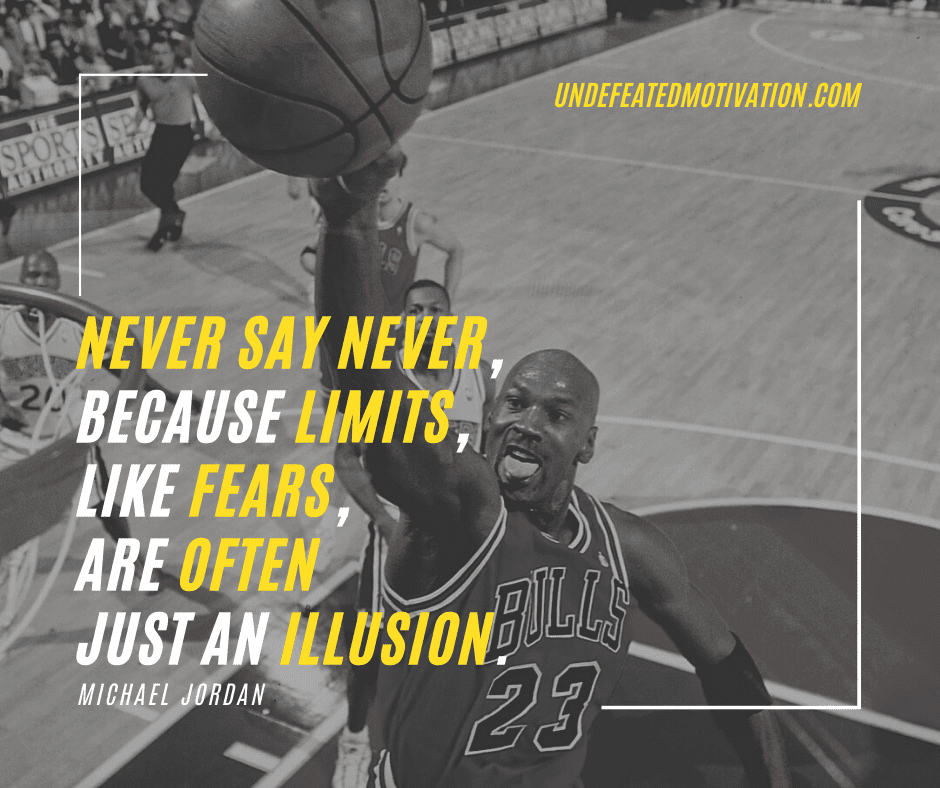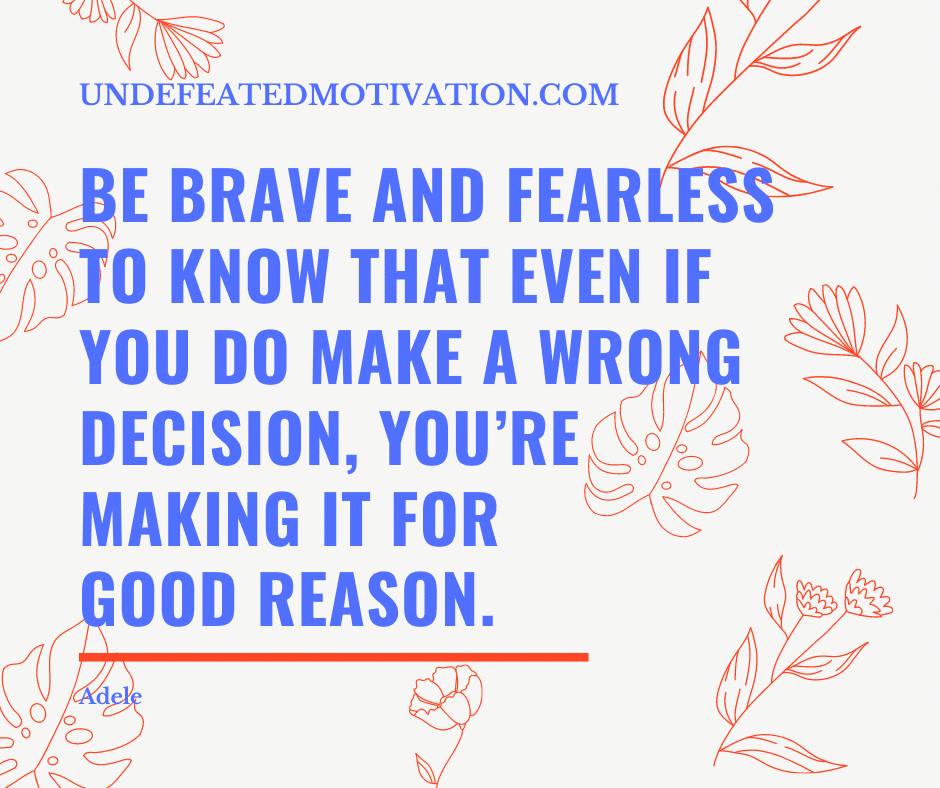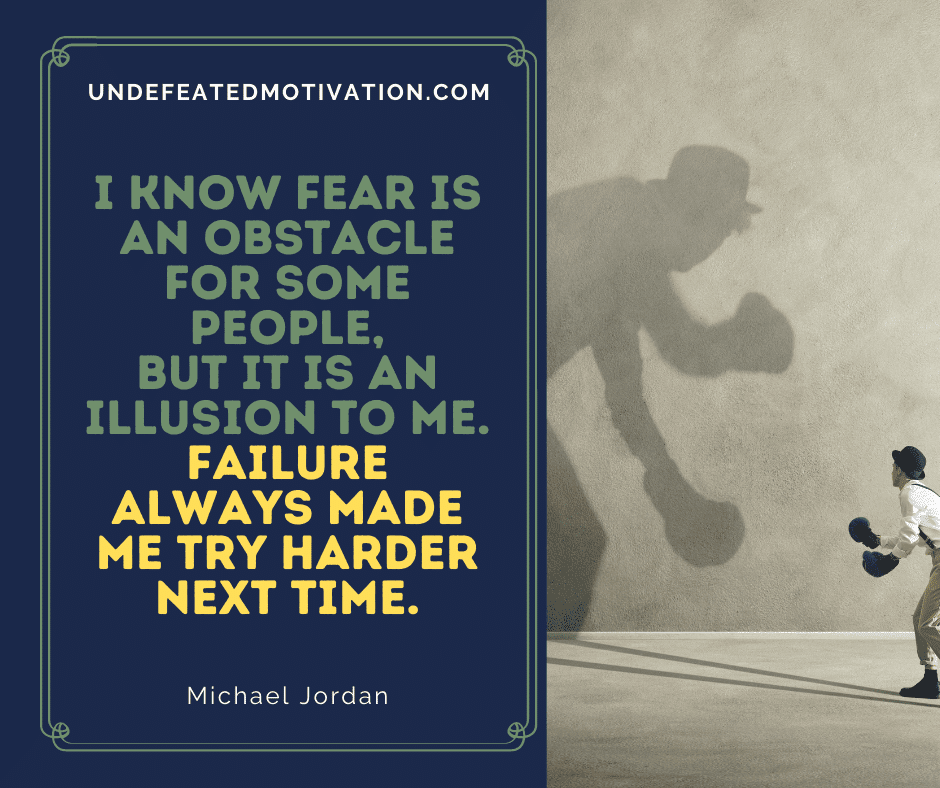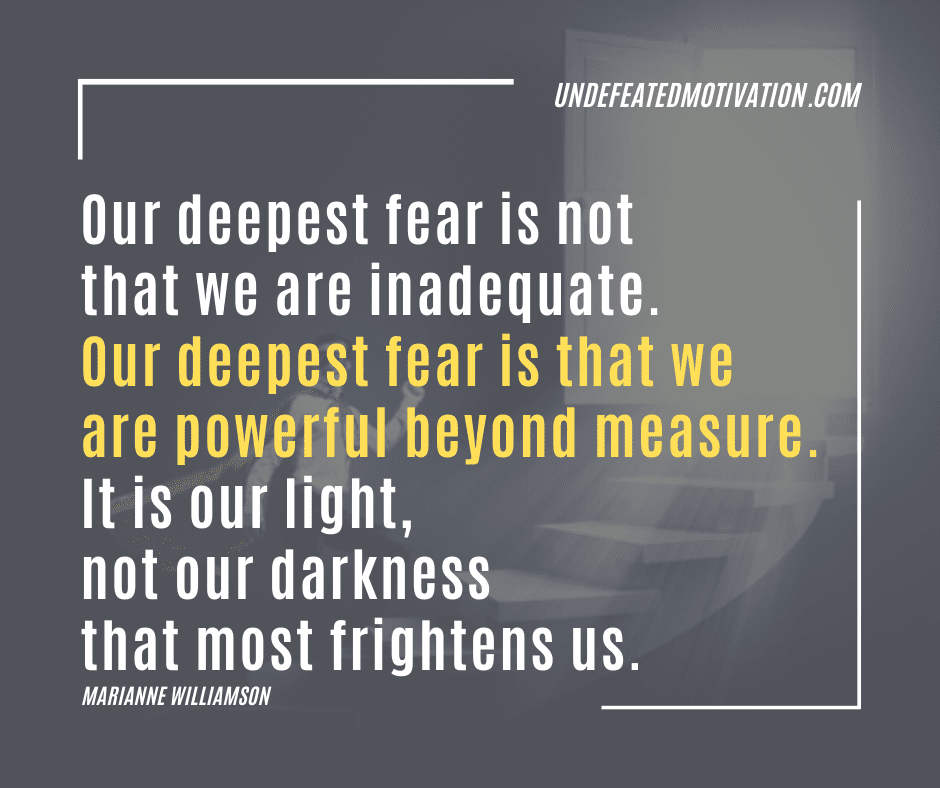25 Ways to Face Your Fears for a Successful Life
Do you ever feel like you’re held back by your fears? That you could be doing so much more if only you could overcome them? Fear is one of the biggest obstacles that we face in life. It can keep us from achieving our goals, and from living our lives to the fullest. But it doesn’t have to be that way! In this blog post, we will discuss 20 ways how to face your fears and overcome them once and for all!
Should All Fears Be Faced?
There is no one-size-fits-all answer to this question. It depends on the fear, and on the individual. Some fears are warranted and should not be faced head-on (e.g., a fear of heights or a fear of spiders). But other fears may be holding you back from living your best life. Only you can decide which fears are worth facing.

1. Face your fears head-on:
How to face your fears? One of the best ways to overcome your fears is to face them head-on. This means that you confront your fears instead of avoiding them. It may seem daunting at first, but facing your fears is essential to overcoming them. By confronting your fears, you will be able to slowly start to lessen their grip on you.
Tips:
-Start by making a list of your fears.
-Then, choose one fear to face at a time.
-Come up with a plan on how you will confront your fear. For example, if your fear is of public speaking, you could start by giving a short speech to a friend or family member.
-Take your time and go at your own pace. Remember that there is no rush and that you can do this!

2. Acknowledge your fears:
It is also important to acknowledge your fears. This means that you recognize that they exist and that they are valid. However, you also need to remember that your fears do not have to control you. You are in charge of how you react to your fears.
Tips:
-Start by making a list of your fears.
-Then, for each fear, ask yourself why it is that you are afraid of it. What is it about this fear that causes you to feel anxious or scared?
-Once you have identified your fears, try to come up with some possible solutions. For example, if you are afraid of public speaking, you could try to come up with some strategies on how to deal with this fear.
-Remember that there is no shame in admitting that you are afraid of something. We all have fears and we all have to deal with them at some point in our lives.

3. Understand where your fears come from:
How to face your fears? Another helpful step is to try and understand where your fears come from. This can be a difficult process, but it is important to try and identify the root cause of your fears. Once you know where they come from, you can start to work on addressing them.
Tips:
-Think about when your fears first started.
– try to identify any possible triggers that may have caused your fears to develop.
-Talk to someone who you trust about your fears. They may be able to offer some insight into where your fears come from.
-Remember that it is okay if you are not able to identify the root cause of your fears. This is something that can take time and effort.

4. Create a plan to overcome your fears:
Once you have acknowledged your fears and understand where they come from, it is time to create a plan to overcome them. This plan should be specific to you and your needs. It should also be something that you are realistic about and that you can commit to.
Tips:
-Start by making a list of your fears.
-For each fear, come up with a specific plan on how you will overcome it.
-Make sure that your plan is realistic and achievable.
-Talk to someone who you trust about your plan. They may be able to offer some helpful advice or support.
-Remember that your plan may need to change over time. This is okay! Just make sure that you are still making progress toward overcoming your fears.

5. Take small steps:
When you are working on your plan to overcome your fears, it is important to take small steps. This means that you do not try to do too much at once. You want to focus on one thing at a time and slowly build up your confidence.
Tips:
-Start with something small. For example, if your fear is of public speaking, you could start by giving a short speech to a friend or family member.
-As you start to feel more comfortable, you can gradually start to do more. For example, you could start giving speeches to larger groups of people.
-Remember to celebrate your successes! This will help you to stay motivated and focused on your goals.

6. Be patient with yourself:
How to face your fears? It is also important to be patient with yourself. Overcoming your fears is a process and it will take time. Do not get discouraged if you do not see results immediately. Just keep working at it and eventually, you will start to see progress.
Tips:
-Set realistic expectations for yourself.
-Do not get discouraged if you have setbacks. Just keep working at it and you will eventually overcome your fears.
-Talk to someone who you trust about your progress. They may be able to offer some helpful advice or support.

7. Seek support from others:
Seek out support from others who are going through similar experiences. This can be a great way to feel less alone and to get advice and tips from people who understand what you are going through.
Tips:
-Look for support groups in your local area.
-There are also many online support groups that you can join.
-Talk to your friends and family about your experiences. They may be able to offer some support and understanding.

8. Reward yourself for your progress:
As you start to make progress in overcoming your fears, be sure to reward yourself! This can help you to stay motivated and on track. For example, you could treat yourself to a new book or a pedicure after you accomplish a goal.
Tips:
-Think about what would be a meaningful reward for you.
-Make sure that your reward is something that you can actually do. For example, a new car might not be the best reward if you are trying to save money.
-Talk to someone who you trust about your progress and your reward. They may be able to offer some helpful advice or support.

9. Believe in yourself:
How to face your fears? One of the most important things to remember is to believe in yourself! You can do this! Just take it one step at a time and trust that you will be able to overcome your fears. For example, if you are afraid of public speaking, remember that you have the ability to do it. Just breathe and take your time.
Tips:
-Write down your goals and review them often.
-Talk to yourself in a positive way. For example, “I can do this!”
-Focus on your strengths and how you can use them to overcome your fears.
-Talk to someone who you trust about your progress and your goals. They may be able to offer some helpful advice or support.

10. Never give up!
No matter how difficult it may seem, never give up on yourself! You can overcome your fears and you will be better for it in the end. Just keep pushing through and believe in yourself! For instance, if you are afraid of heights, don’t give up – eventually, you will be able to conquer that fear.
Tips:
-Set small goals for yourself and celebrate when you accomplish them.
-Focus on your positive qualities and how they can help you to overcome your fears.
-Talk to someone who you trust about your progress. They may be able to offer some helpful advice or support.

11. Practice relaxation techniques:
Relaxation techniques can be extremely helpful when it comes to overcoming your fears. When you are feeling anxious or stressed about something, take a few minutes to do some deep breathing or try a relaxation technique such as progressive muscle relaxation.
Tips:
-There are many different relaxation techniques that you can try. Just find one that works for you.
-Practice your relaxation techniques on a regular basis, even when you are not feeling anxious. This can help to prevent anxiety from taking over.
-Talk to your doctor or a therapist about relaxation techniques and how to use them effectively.

12. Visualize yourself overcoming your fears:
Another helpful tip is to visualize yourself overcoming your fears. For example, if you are afraid of public speaking, picturing yourself giving a great speech can help to boost your confidence.
Tips:
-Spend a few minutes each day visualizing yourself overcoming your fears.
-Be as specific as possible when you are visualizing. For example, if you are afraid of public speaking, picturing yourself giving a great speech can help to boost your confidence.
-Create a vision board or write down your goals to help you stay focused on what you want to achieve.
-Talk to someone who you trust about your progress and your goals. They may be able to offer some helpful advice or support.

13. Challenge your negative thinking:
How to face your fears? It is also important to challenge your negative thinking. When you are feeling scared or anxious about something, try to look at the situation in a more positive light. For instance, instead of thinking “I’m going to make a fool of myself,” tell yourself “I can do this!”
Tips:
-Challenge your negative thoughts as soon as they pop into your head.
-Focus on the positive aspects of the situation. For example, instead of thinking “I’m going to make a fool of myself,” tell yourself “I can do this!”
-Think about how you would like the situation to play out. For instance, if you are afraid of public speaking, picturing yourself giving a great speech can help to boost your confidence.
-Talk to someone who you trust about your progress and your goals. They may be able to offer some helpful advice or support.

14. Be mindful of your body:
Pay attention to your body and how it is reacting to your fears. This can help you to better understand your anxiety and to find ways to cope with it. For example, if you notice that your heart is racing when you are thinking about your fear, try to take some deep breaths and focus on relaxing your body.
Tips:
– Pay attention to your body and how it reacts to your fears.
– This can help you to better understand your anxiety and to find ways to cope with it.
– For example, if you notice that your heart is racing when you are thinking about your fear, try to take some deep breaths and focus on relaxing your body.
– Talk to your doctor or a therapist about how to cope with your anxiety effectively.

15. Get out of your comfort zone:
One of the best ways to overcome your fears is to get out of your comfort zone. This means that you need to put yourself in situations that make you anxious. While it may be scary at first, it is important to remember that you can handle it. Just take things one step at a time and don’t be afraid to ask for help if you need it.
Tips:
-Start with small steps. If you are afraid of public speaking, for instance, start by talking to a friend or family member.
-Gradually work your way up to more challenging situations.
-Remember that you can handle it. Just take things one step at a time and don’t be afraid to ask for help if you need it.
-Talk to your doctor or a therapist about how to cope with your anxiety effectively.

16. Try something new:
How to face your fears? Trying new things is also a great way to overcome your fears. This can help you to see that there is nothing to be afraid of and that you are capable of more than you realize. For instance, if you are afraid of heights, challenge yourself to go on a roller coaster or take a hike.

17. Do something that scares you every day:
Challenging yourself to do something that scares you every day can also be helpful. This doesn’t mean that you need to do something extreme, but it does mean that you should push yourself out of your comfort zone on a regular basis. For example, you could try a portion of new food, start a conversation with a stranger, or try something new at work.

18. Be prepared:
Another helpful tip is to be prepared. This means that you should take the time to plan for how you will handle your fears. For instance, if you are afraid of public speaking, practice your speech ahead of time.
Tips:
-Challenge your negative thoughts as soon as they pop into your head.
-Focus on the positive aspects of the situation. For example, instead of thinking “I’m going to make a fool of myself,” tell yourself “I can do this!”
-Think about how you would like the situation to play out. For instance, if you are afraid of public speaking, picturing yourself giving a great speech can help to boost your confidence.
-Talk to someone who you trust about your progress and your goals. They may be able to offer some helpful advice or support.

19. Know your triggers:
It can also be helpful to know your triggers – that is, what makes you anxious or scared. This way, you can be prepared when your fears are triggered. For example, if you are afraid of heights, you might want to avoid watching videos or looking at pictures of people standing in high places.
Tips:
-Keep a journal to track your triggers.
-Talk to your doctor or a therapist about how to cope with your anxiety effectively.

20. Talk to someone who has overcome a similar fear:
Finally, another great way to overcome your fears is to talk to someone who has already done it. This can help to give you some insight and inspiration. For instance, if you are afraid of public speaking, find someone who speaks regularly and ask them for advice.
Tips:
-Find a support group for people who have overcome similar fears.

21. Avoid avoidance:
How to face your fears? It can be tempting to avoid the things that you are afraid of, but this will only make your fears worse. Instead, face your fears head-on and you will be more likely to overcome them.

22. Be patient:
Overcoming your fears takes time and it is important to be patient. Remember that you have probably been dealing with your fears for a long time, so it will take time to change your thinking and your behavior.
Tips:
-Set small goals for yourself and celebrate your progress.

22. Try exposure therapy:
Exposure therapy is a type of treatment that helps you to face your fears in a controlled and safe environment. This can be a helpful way to overcome your anxiety.

23. Seek professional help:
If your fears are impacting your life in a negative way, it might be time to seek professional help. A therapist can help you to understand your anxiety and to find ways to cope with it.

24. Join a support group:
How to face your fears? There are also many support groups available that can help you to cope with your anxiety. This can be a great way to meet others who are dealing with similar fears and to find inspiration and support.

25. Take care of yourself:
Finally, it is important to take care of yourself both physically and mentally. This means eating a healthy diet, getting enough sleep, and exercising regularly. When you are taking care of yourself, you will be better equipped to deal with your anxiety.

Conclusion:
How to face your fears? Facing your fears can be a daunting task, but it is definitely possible. by following these tips, you will be on your way to overcoming your fears and living a more fulfilling life.
Get more daily on your newsfeed at the Undefeated Motivation FB page or Undefeated Motivation IG page.




